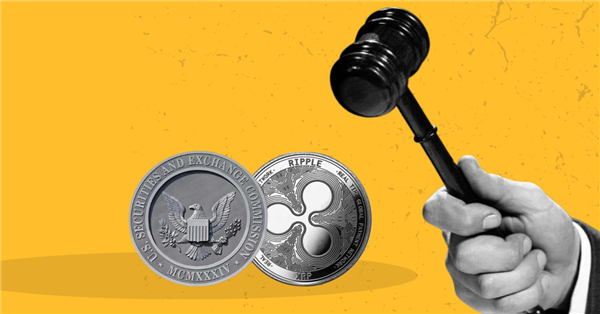For once, the SEC v. Ripple lawsuit never seems to get uninteresting. A prominent XRP influencer, Ashley PROSPER, shared on X a snapshot of the court’s decision with the cryptocurrency community after the SEC’s application for an interlocutory appeal was denied by the Court. Contrary to what the SEC alleged in the application for appeal, one of the court’s critical rulings in the order is that the controversial Ripple sales of XRP lie in contrast to the Terraform case.
Why Ripple and Terraform are Not Similar
Judge Analisa Torres based her judgment on the opinions of retail investors. In the Terraform case, she argued, it was conceivable for a retail investor to think Terraform’s efforts would result in increased earnings for all holders.
The court determined that the selling of XRP by Ripple did not fall under this scenario. Judge Torres specifically underlined that logical retailers would not anticipate that XRP sales will be reinvested in Ripple and the XRP Ledger to increase profits for all XRP holders.
The court further emphasized that institutional investors were the target audience for Ripple’s primary advertising materials. It said explicitly that although the “Ripple Primer” and “Gateways” pamphlets clearly stated that Ripple aims to make money from XRP, ordinary investors were not given access to the materials.
Contrary to the circumstances in the Terraform case, the court concluded that programmatic buyers did not have the same motivation as institutional buyers to anticipate that Ripple would use their financial contributions to make profits on their behalf.
Why Ripple and LBRY are Not Similar
The court rejected the SEC’s allegation that there was a substantial difference of opinion about Ripple’s argument regarding the arguments of the SEC titled Ripple’s Other Distributions.
The Court Order dated 04.10.23 read – “The Court cannot draw any conclusions about the LBRY court’s reasoning as to an issue that was never litigated. Therefore, the SEC fails to point to any digital-asset cases which conflict with the Court’s holding as to the Other Distributions.”
Judge Torres remarked that the US SEC had defended its position against Ripple by referring to the SEC v. LBRY lawsuit. The court pointed out that the Howey test’s crucial element, which was in doubt in the Ripple case, was not disputed in this case.
Source: Read Full Article
